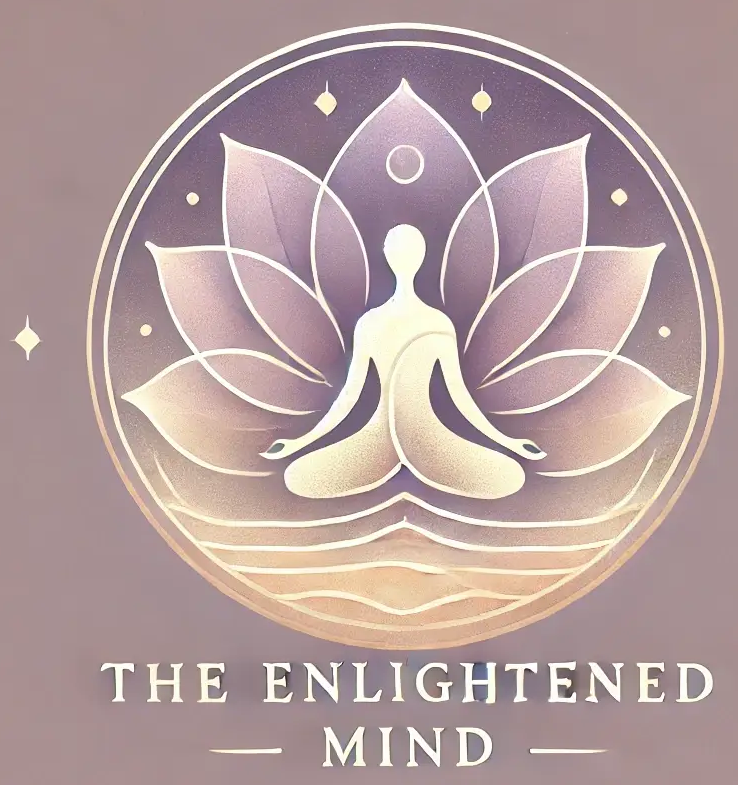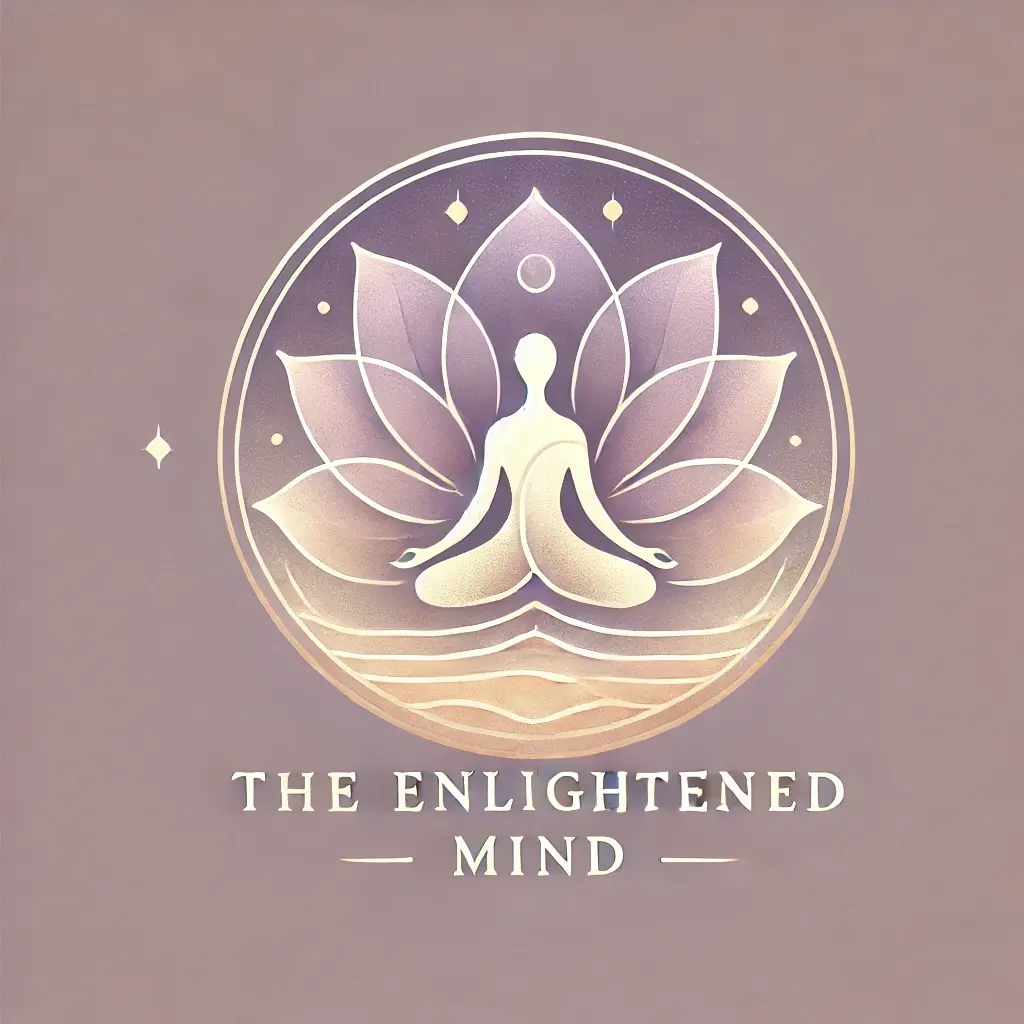With the Legalization of Marijuana, Americans’ Views on Drugs are Evolving
As attitudes towards substances like marijuana shift with legalization, research is uncovering the healing potential of drugs like psilocybin (mushrooms), MDMA (ecstasy), and ketamine (Special K).
Rising Depression Rates and Challenges with Antidepressants
The prevalence of depression is on the rise, with a significant increase from 19.6% to 29% of the population between 2015 and 2023. Despite the growing use of antidepressants, 60% of individuals find that the first medication they try does not provide relief.
Exploring Alternative Approaches: Psychedelic Therapy
To address the limitations of traditional antidepressants, alternative treatments such as psychedelic therapy are gaining attention as promising options for mental health care.
What the Research Reveals
Although various psychedelics show promise for long-term symptom relief, ketamine is currently the only legal hallucinogenic substance in the United States, primarily used as an anesthetic for surgical procedures.
From a pharmacological perspective, ketamine is categorized as a dissociative anesthetic, despite its potential hallucinogenic effects. Research on ketamine for treating depression has been ongoing since the late 1990s, with a significant study in 2000 highlighting its rapid antidepressant properties.
A particular study showcased a notable reduction in suicidal thoughts among individuals who received a ketamine infusion in a mere 90 minutes in an emergency room setting, demonstrating its rapid action compared to traditional antidepressant medications.
Use of Ketamine for Depression
Ketamine has been utilized off-label since the early 2000s to treat depression. However, in 2019, the nasal formulation of ketamine known as Spravato was expedited for FDA approval due to its potential benefits.
Administration of Ketamine
Typically, ketamine is given in a clinical setting, either through an intravenous infusion or using the Spravato nasal spray. Patients undergoing this treatment need to be monitored during and after the process to watch for side effects such as nausea, increased blood pressure, and confusion.
Therapist Support in Ketamine Clinics
Some ketamine clinics offer the presence of a therapist for an “integration” session following the treatment. This session aims to assist the patient in processing any experiences during the treatment and discuss how they can apply any insights gained into their life moving forward.
The Emergence of Psychedelic Teletherapy
The COVID-19 pandemic created an ideal environment for the inception of ketamine teletherapy due to a significant surge in the demand and recognition of mental health services, a sharp increase in telehealth services, and a relaxation of regulations allowing for telehealth services to expand.
These regulatory changes enabled healthcare providers to prescribe controlled substances such as ketamine via telehealth, a practice previously restricted unless the patient had an in-person consultation. Subsequently, the Drug Enforcement Administration (DEA) has extended the authorization to prescribe controlled substances initially permitted during the pandemic.
The market for psychedelic substances, particularly ketamine, is experiencing rapid growth. In 2020, the market was valued at $2 billion, with projections indicating it could exceed $10 billion by 2027.
Psychedelic Remote Therapy Companies, Prices, and Challenges
While some individuals offer ketamine teletherapy, the majority of services in this sector are provided by a small number of startups that receive funding from investors or are publicly traded.
These companies often present attractive investment proposals emphasizing the market’s potential, highlighting the opportunity to profit from more individuals struggling with mental health issues. Offering ketamine through teletherapy is also promoted as a cost-effective approach to expand patient access to treatment.
The price of treatment can vary significantly. For instance, a package of six ketamine infusions and six integration sessions with Stella costs $4,466, whereas Mindbloom offers a complete treatment package for $1,176, including six ketamine sessions, three coaching sessions with unlimited messaging, two clinician consultations, a “Bloombox” for at-home sessions, unlimited group integration circles, and access to the Mindbloom app.
Insurance coverage for ketamine therapy is uncommon, especially since most ketamine applications (excluding FDA-approved Spravato for treatment-resistant depression) are considered “off-label,” meaning they are used for purposes other than their approved indication. As a result, many clinics operate as self-pay facilities, which may have looser regulation due to not accepting insurance.
Reimagining Mental Health Care
Venture-capital-backed companies often prioritize financial success over patient outcomes, potentially compromising quality. Despite this, if these companies can expand responsibly, they have the potential to provide mental health care to individuals who would not otherwise have access to such services.
How Psychedelic Teletherapy Works
We had a conversation with Dr. Michael Verbora, who was previously the Medical Director at Field Trip Health (now Stella), regarding the company’s process for at-home ketamine treatment. During that time, Field Trip had collaborated with Nue Life, a specialized ketamine company, to facilitate the process.
According to Dr. Verbora, patients start by inquiring about the procedure and then undergo a consultation with Nue Life’s team. If approved, they receive a single dose of ketamine.
Dr. Verbora explains that patients would then engage in various check-ins, monitoring, and compliance with the ketamine before proceeding with their therapy session. Afterward, they report any side effects or benefits and later connect with a coach for further support.
He elaborates on the two primary approaches for ketamine-assisted psychotherapy: the psychoanalytic method, involving a small dose to facilitate open discussion, and the high-dose approach, encouraging introspection and solitude.
Supervision During Psychedelic Therapy Sessions
When interviewed by The Enlightened Mind, Dr. Verbora mentioned that Field Trip mandated the presence of a designated “sitter” to monitor patients during psychedelic therapy sessions in case of any adverse effects or patient needs. These sitters underwent training beforehand and were required to appear on Zoom prior to the session.
Role of Psychotherapists during Sessions
It should be noted that, according to Dr. Verbora, psychotherapists did not participate in the actual psychedelic therapy sessions at Field Trip (and many other similar centers, as per their websites). This practice continues at Stella, where patients have integration sessions with a licensed provider after the infusion sessions.
What Conditions Can Benefit from Ketamine?
Ketamine is known to be effective in treating various conditions, notably in cases of treatment-resistant depression where traditional medications have not yielded significant improvement. Other conditions that may benefit from ketamine include:
It is crucial to highlight that ketamine is not suitable for individuals with schizophrenia or psychosis. Moreover, it is contraindicated for pregnant individuals, those with high blood pressure, severe liver dysfunction, significant coronary artery disease, and active substance abusers.
While ketamine is commonly used to address suicidality, there are precautions to be taken. Verbora emphasizes that high suicide risk individuals may require a different level of care, and ketamine treatment may not be recommended at that time.
Additionally, individuals with trauma or PTSD may experience increased symptoms and distress with ketamine or other psychedelic treatments. In such cases, at-home ketamine is not advised by Verbora.
If you are experiencing suicidal thoughts, please reach out to the National Suicide Prevention Lifeline at 988 for professional support. In case of immediate danger, do not hesitate to call 911.
This seems to be boilerplate text and not part of the main article content that needs to be rephrased. Let’s focus on the main article content instead.
The Future of Psychedelic Teletherapy
The Enlightened Mind spoke with Field Trip Health in May of 2022, where they were in the process of developing their unique psychedelic, FT-104. This psychedelic, which has received a patent, functions similarly to psilocybin but has a shorter duration, lasting two to three hours compared to the typical three to six hours of psilocybin.
According to Verbora from The Enlightened Mind, Field Trip plans to explore other psychedelics as they become approved in the U.S. However, these may not be immediately available for telehealth sessions due to their longer duration, unlike the shorter ketamine experiences. Currently, Stella (formerly Field Trip) offers various treatments including:
Although still in the early stages, the results are promising. A study indicated a significant improvement in depression symptoms in patients who underwent only two sessions of psilocybin, with these effects lasting up to six months post-treatment.13
Developing Psychedelic Medications
Several companies are currently engaged in the development of psychedelic medications, with psilocybin and MDMA undergoing advanced-stage clinical trials for the treatment of conditions such as treatment-resistant depression and post-traumatic stress disorder. Recent research in 2023, including an overview of current evidence and a randomized controlled trial, has shown that MDMA can significantly improve severe symptoms of PTSD. Additionally, a 2024 review of existing evidence has reaffirmed the potential efficacy of psilocybin therapy in addressing treatment-resistant depression.
Is At-Home Ketamine Safe?
Ketamine, originally developed as an anesthetic, can cause side effects such as a potential increase in blood pressure by up to 50%.
In 2017, The Enlightened Mind released guidelines regarding the use of ketamine in treating mood disorders, offering recommendations for healthcare providers on how to administer ketamine.
While these guidelines were primarily for ketamine infusions, they emphasize the importance of a thorough medical history assessment, including lab tests, and preparedness for any potential adverse reactions.
The guidelines specifically address blood pressure elevation, psychomimetic symptoms, and the need to be equipped to stabilize a patient in an emergency situation by administering oxygen or providing cardiac life support until they can receive hospital care.
Meet The Co-Founders
Rachel Gersten, a licensed mental health counselor, expresses doubts about the topic.
Rachel Gersten, licensed clinical mental health counselor
“Ketamine, similar to any prescribed medication, can elicit different responses in each individual, potentially leading to significant side effects. It is crucial to have oversight from a qualified professional, ideally someone who establishes a close, ongoing therapeutic alliance with the patient to comprehend their needs comprehensively, rather than simply prescribing medication without continuous support.”
Nevertheless, certain studies indicate that sublingual ketamine (commonly used in at-home treatments) may have lower bioavailability compared to intravenous ketamine, but it also presents fewer adverse effects. Bioavailability pertains to the amount of medication absorbed by the body.
A Word From The Enlightened Mind
While ketamine therapy for depression has been in practice for a while, it is still an evolving field. A study conducted in 2018 revealed significant variations among physical clinics regarding adherence to the guidelines set by the American Psychiatric Association. This includes insufficient patient screening, inadequate medical and mental health staff, and exaggeration of the treatment’s benefits.20
Since psychedelic teletherapy is a recent development, it is essential to conduct thorough research and ask pertinent questions before considering it as a viable treatment option.


